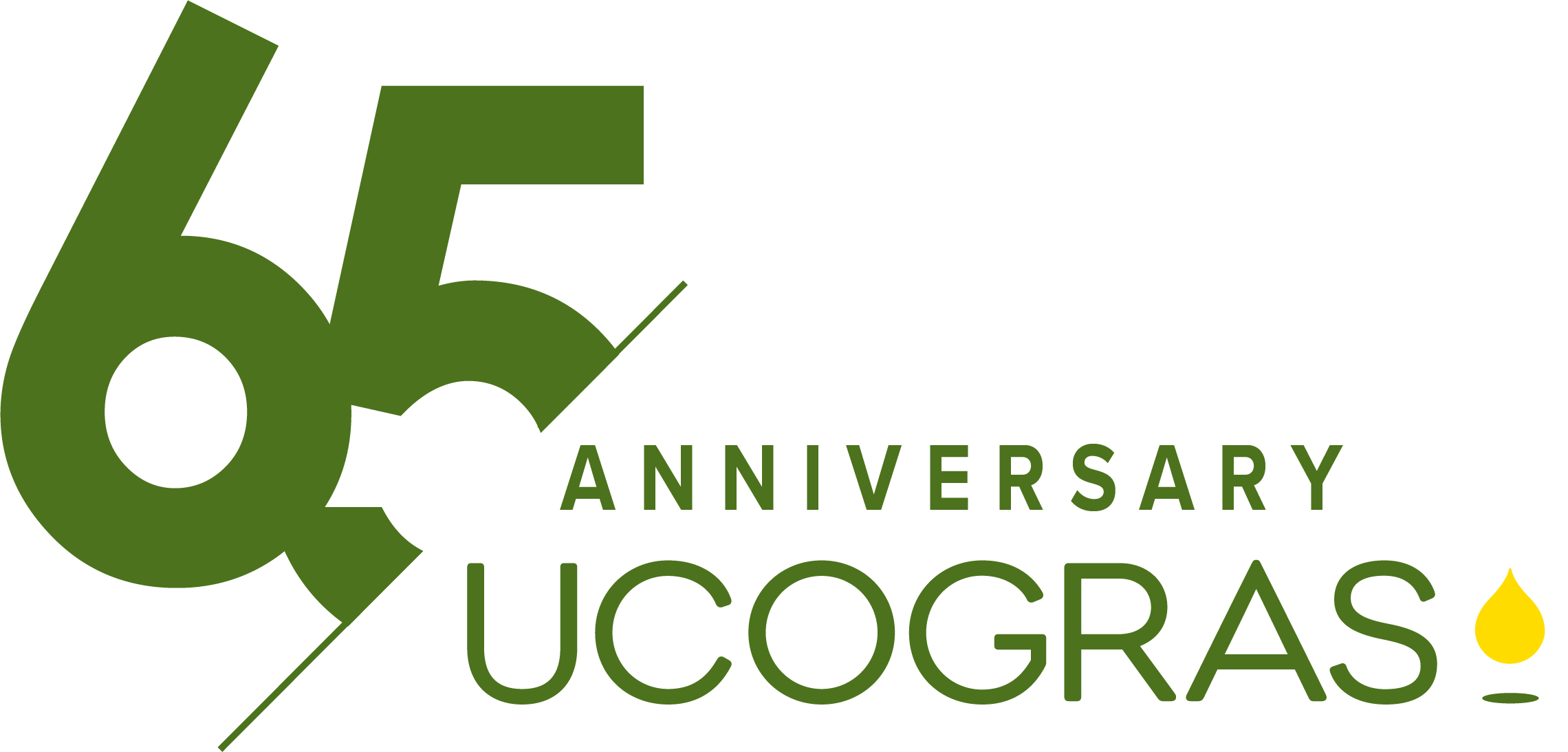Historiek
The treaty establishing the European Economic Community, signed in Rome on 25 March 1957, came into force on 1 January 1958. At the time, the vegetable and animal oil and fat trade and industry in Belgium were represented by various professional associations.
There was the “BEDOVA” (Professional Association for the Trade in Vegetable and Animal Oils and Fats, their Derivatives and Oil Seeds) in Antwerp, officially recognised since 24 August 1940, and in Brussels there was a Professional Association for the Processing and Wholesale of Animal and Vegetable Oils and Fats, better known as the “Brussels Professional Association”; there was also the “VBO” (Association of Belgian Oil Producers) and the “BIVA” (Professional Association of Importers, Exporters, Agents and Brokers of Beef Cattle, Meat, Prepared Meat Products and other Slaughterhouse Products).

A group of companies in Antwerp, specialised in the importation, wholesale and agency of fats and oil seeds, was represented by the BEDOVA, with the following aims:
1. regulation of the trade in animal and vegetable oils and fats, their derivatives and oil seeds.
2. representation of the professional interests of its members through the development and maintenance of regulations and established practices as well as fighting abuses.
After the Second World War, BEDOVA’s activities remained limited until 1954. When it still only had about 30 members, the decision was made to resume activities: this was considered necessary in order to represent the professional interests of the BEDOVA members. In collaboration with the VBO, BIVA and Brussels Professional Association, contact was established with the Ministry of Economic Affairs and the Ministry of Foreign Trade, in order to receive better information and be consulted more on all draft laws relating to the regulation of oils and fats.

At the General Meeting in February 1955, a study was presented for the formation of a national group that would bring together BEDOVA and the other professional associations. This proposal was accepted, leading to the creation of UCOGRAS in 1959. Its aims were the study, regulation, protection and development of the commercial and industrial activities in animal and vegetable oils and fats and their by-products, along with the protection of the professional interests of its members.
Shortly afterwards, a dispute arose between the members and the fat renderers decided to set up their own professional association in 1960. Most of them had left UCOGRAS by 1963, leading to a reduction in membership by almost a half.

The European Community expanded and there were profound changes to trade. UCOGRAS had close ties to the professional associations in the other countries of the European Community, and became a member of ANGO (the association for the trade in oil seeds, animal and vegetable oils and fats and their derivatives in the EEC), founded in 1960. This association, which brought together professional associations from six member states, was the only one recognised by the EEC as a communication partner.
Nevertheless, UCOGRAS’ activities remained limited in the 1960s and the General Meeting of 1972 even considered dissolving the organisation. However UCOGRAS was revived and membership numbers rose from only 17 in 1972 to 65 in 1981.
UCOGRAS joined other European professional associations with mutual membership, such as FOSFA International, NOFOTA and GROFOR. This allows the exchange of information and efforts to find solutions to shared problems.
Over the years, the number of companies in the sector declined both in Belgium and abroad, and UCOGRAS called upon IMEXGRA to work with it and take over the secretarial work. Since its beginnings, UCOGRAS has always had the ambition of bringing people together.
